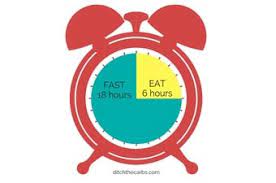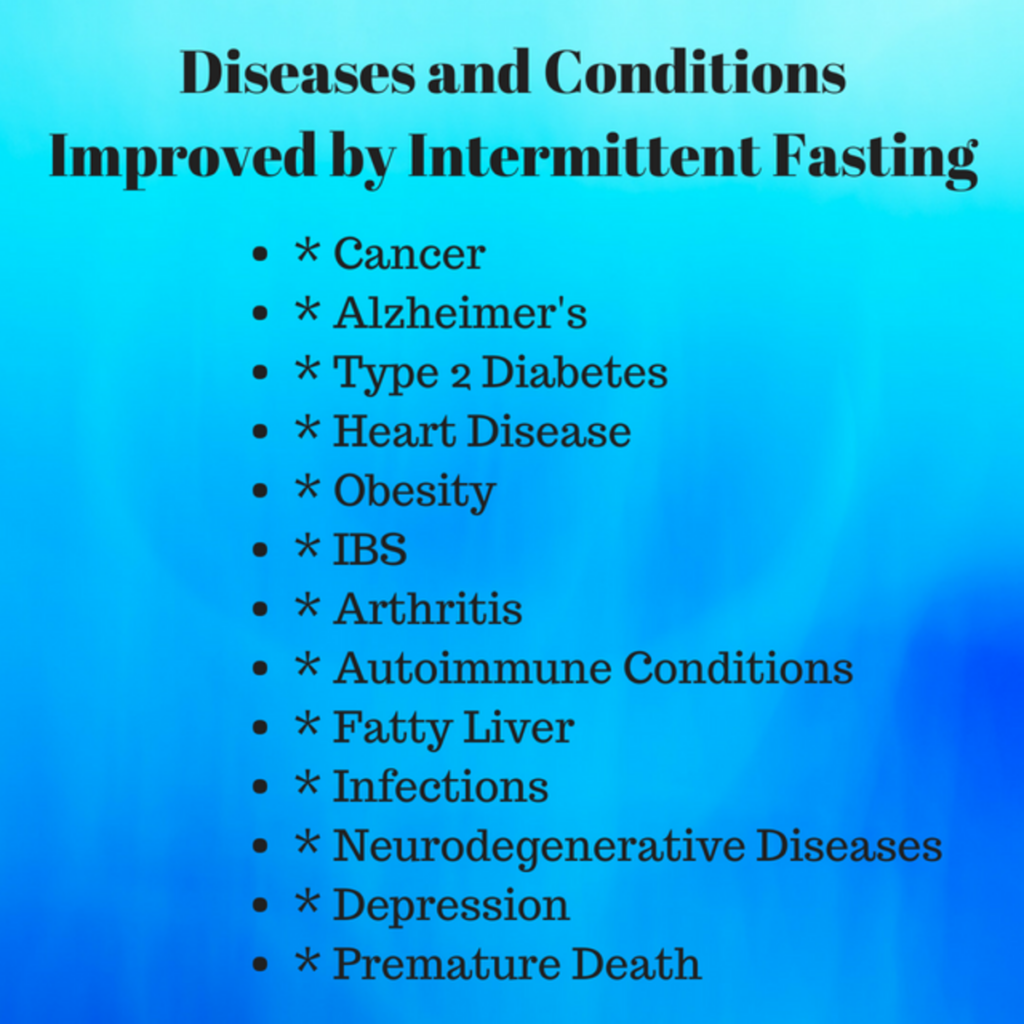
Intermittent fasting (IF) has many advantages, including weight loss. It also increased energy, improved digestion, and reduced sugar cravings. It’s difficult to tell which type is the best because they differ so much. It’s impossible to tell which is the best because there are so many.
Medical Disclimer: Before beginning any new nutrition plan, including intermittent fasting, talk to your doctor.
Fasting for 14 hours a day and eating inside a 10-hour window is an excellent way to begin fasting. The 16: 8 regimen is the best next step for someone ready for a prolonged fast. Your fasting window extends by two hours as a result of this.
Lunch is from 8 p.m. to 8 p.m., yet, if you prefer to eat dinner first, 18: 6 is a good option.
Intermittent fasting is the foundation of the 18:6 diet:

If you fast for 18 hours a day, you can eat six hours afterward. Lunch at 12:30 p.m., breakfast at 3 p.m., and dinner at 6:30 p.m. may all serve simultaneously. For fasting people who have tried other methods, this type of fasting is the safest. Fasting for 18 hours might be ideal for you. If you’ve stopped losing weight at 16:8 or if you’re consuming more than the food window allows.
Why Is 18:6 Intermittent Fasting Good for Weight Loss?
This weight loss approach differs from the traditional weight-loss method of calories—most specialists advocate this restriction. When calories are from 2,000 to 1,500, the body’s metabolism slows down. When your metabolism slows, you will feel cold, weary, and hungry. The ultimate goal is to lose weight. It necessitates eating even less, which is not a long-term solution. However, with the 18:6, it helps to lose weight, cure their disease, and quit taking medication. He noted that if insulin levels are low, the body can receive its energy from fat storage. Fasting can help persons prone to overeating since it reduces their hunger, regardless of the type of intermittent daily fasting you choose. It would help if you consumed your daily calories in a brief period.
Pros of 18:6 Intermittent Fasting
It’s simple to keep up every day: Weight Loss Success
You miss breakfast. You eat dinner early without causing too much disruption to your schedule, or in the case of 18:6 you eat breakfast and lunch, no supper.
It’s adaptable: Intermittent Fasting
If you’d prefer to eat lunch later, you can do so between 2 and 8 p.m., or even earlier (10 a.m. to 4 p.m.).
Digestion improves: Intermittent Fasting 18:6
Eating less during the day can enhance digestion and minimize or eliminate it.
Increased vitality and a clear mind: Health benefits
After you change your body, you will have more incredible energy. You will also have mental clarity and no longer have any brain fog.

Better sleep: loss of weight
If you fall asleep first, you consume dinner at least six hours before bedtime. As a result, instead of breakfast, you’re filling your stomach with sheets after dinner. The perfect time to start a new habit of unwinding on the couch with a cup of herbal tea is right now.
You can eat large meals:
Another advantage is that you can sit down and eat large meals rather than three to six small meals. You are consuming all your daily calories in a short amount of time.
Cons of 18:6 Intermittent Fasting
It can feel restrictive:
For people who are eating all day. The thought of limiting meals and snacks to six hours may seem hard.
Difficult to digest:
Even while some people may have better digestion if they eat less than six hours each day, it is challenging to ingest all your daily caloric demands in only six hours. As a result, you could find it difficult to consume as much food as you would like. Your body requires it, but you don’t want to overdo it.
You might feel hungry:
If you don’t eat enough calories, protein, or healthy fats, you can feel hungry or weary.
Overeating can trigger:
People with eating histories take part in intermittent fasting, particularly those who follow the 18: 6 protocol. They may have dangerous behaviors if they consume too much. It isn’t true. Lisa Eberley said that any intermittent fasting should be under the guidance. She says that any regimen that requires you to eat at specific times should be avoided. Could you make contact with them? While a less severe intermittent fasting regimen, such as 16-8, may allow you to recover. If you have any worries, you should visit a doctor or nutritionist. If you consume improper food, you should consult your physician. Intermittent fasting should not have a detrimental impact on your life.
Tips For Success With 18:6 Intermittent Fasting:
As with any new diet, there is a change period. It is important not to drown in 18: 6 if you have never fasted before. Fast for 12 hours, then 14 hours, and 16 hours throughout the first 12 hours. Drink only black coffee, tea, carbonated water, and plain water during your fast. Adding cream or stevia to your coffee may make you hungry, making fasting more difficult. Make sure you receive at least seven hours of sleep every night to cut weariness cravings.
With an intermittent fasting app, you can keep track of your daily success and continue to do it. Thanks to its motivational elements.
FAQs about Intermittent Fasting Diet:
Do you like 18:6 Fast or 18:6 Slow?
Intermittent fasting can help those who are trying to lose weight. Its benefits are like those of the 16:8 intermittent fasting approach—it includes weight loss, reduced risk of type 2 diabetes, cancer, heart disease.
How much weight can you lose by fasting 18:6 regularly?
Intermittent fasting can result in weight loss of 0.55 to 1.65 pounds each week. It depends on how weight loss is checked. People observed a 4–7% drop in waist circumference due to decreasing belly fat.
18:6 How long can you fast?
With each new diet, there is a change period. You should avoid drowning at 18: 6 if you have never fasted before. It would help if you started by fasting for 12 hours, then 14 hours, and finally 16 hours.
Is it possible to lose weight by fasting for 18 hours every day?
Participants in the study lost weight after fasting for 18 hours or 20 hours—it allowed them to consume less without calculating calories.
Conclusion:
In this article, you can find all the details about Intermittent Fasting 18:6. This must be very helpful for you. You can also get its pros and cons and you come to know what Intermittent Fasting 18:6 is and if it is successful or not.

